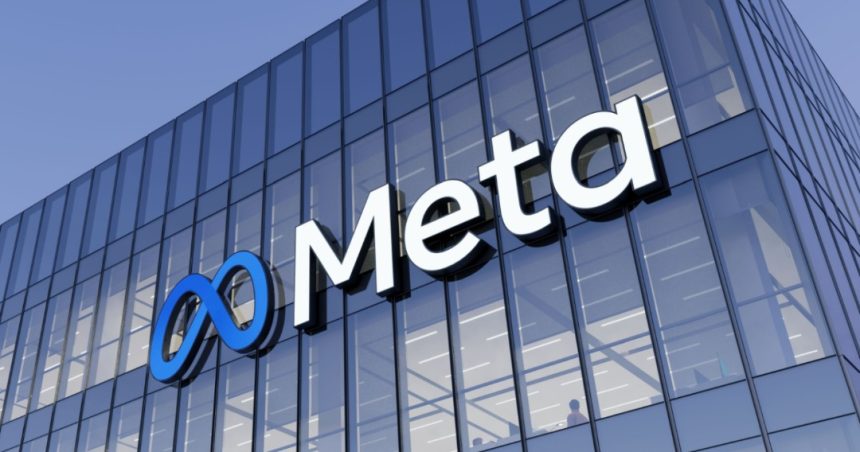The European Commission has announced a €797.72 million ($840.24 million) fine against Meta Platforms for what it described as anticompetitive practices in favor of its online classified ads service, Facebook Marketplace.
The ruling asserts that Meta abused its dominant position by linking Facebook Marketplace to its main social networking platform, Facebook, and imposing unfair trading terms on other classified ad providers. This marks a significant development in the European Union’s ongoing scrutiny of major tech companies for allegedly monopolistic practices.
The case against Meta has its origins in a European Union investigation that began in June 2021, aimed at examining Meta’s potential abuse of market power. The focus of the investigation was on Meta’s bundling of Facebook Marketplace with its core social media platform, Facebook.
The European Commission raised formal concerns in December 2022, suggesting that this bundling could hinder competition by giving Marketplace an unfair advantage over other classified ad services across the EU.
Launched in 2016, Facebook Marketplace rapidly expanded, reaching European markets a year later. Designed as a local classifieds service, Marketplace allows users to buy and sell items within their community.

However, the EU contends that Marketplace benefits from Facebook’s massive user base, which creates a disadvantage for competitors in the online classifieds sector.
The European Commission’s decision asserts that Meta’s integration of Facebook Marketplace within the main Facebook platform effectively constitutes an illegal “tying” arrangement. The Commission argues that by requiring Facebook users to have access to Marketplace, Meta discourages them from turning to other online classified services, thereby stifling competition in the market.
READ ALSO: BRICS Extends Partner Country Status to Turkey
In addition to bundling, the Commission claims that Meta enforces trading conditions that unfairly disadvantage other classifieds providers. This could involve tactics such as prioritizing Marketplace listings or making it more difficult for competing services to access potential customers on Facebook. According to EU regulators, these practices violate antitrust rules meant to ensure a fair, competitive marketplace.
Meta, for its part, has rejected the Commission’s interpretation of its business practices. The company insists that Facebook users are not obligated to use Marketplace and that they have full control over whether they engage with it.
Meta argues that many users do not utilize Marketplace and that this choice undermines the Commission’s claim of forced bundling. The company also contends that the Commission failed to demonstrate any actual harm to competing platforms, noting that there is no clear evidence of adverse effects on other large online marketplaces in Europe.
While Meta has announced its intent to appeal the ruling, it has confirmed that it will comply with the EU’s decision in the interim. “We will work quickly and constructively to launch a solution that addresses the Commission’s concerns,” Meta said in a statement. The company will work on adjustments to ensure its services align with EU regulations, though it did not disclose specific measures that might be implemented.
This fine is one of several high-profile cases highlighting the EU’s determination to curb the market power of Big Tech firms. Under EU antitrust laws, companies found guilty of market abuse risk fines of up to 10% of their global annual revenue, a significant financial penalty for industry giants like Meta.
This ruling comes at a time when tech giants are increasingly coming under scrutiny for practices that regulators argue could harm consumer choice and innovation in the market.

For Meta, this ruling emphasizes the EU’s willingness to address market dominance in digital services, and it may require the company to make structural changes to its European operations.
As the appeal process unfolds, Meta’s response to this antitrust decision could shape the company’s future within the EU and serve as a precedent for how other tech platforms navigate regulatory landscapes that demand a more level playing field.
READ ALSO: Asian Markets Slide Amid Weak Chinese Economic Data
The outcome of this case, along with Meta’s upcoming appeal, could have far-reaching consequences for how online services are bundled and offered within the EU. If Meta fails to overturn the ruling, it may be required to separate Facebook Marketplace from Facebook or modify its approach to ensure compliance with EU antitrust regulations.
The decision is a reminder of the strict regulatory environment tech companies face in Europe and signals the EU’s continued commitment to enforcing competition laws against even the most powerful digital companies.
In an era where consumer choice and fair competition are paramount, the EU’s ruling against Meta may ultimately shape the future landscape of digital marketplaces. For now, Meta must navigate the complex regulatory framework while appealing the fine, balancing compliance with its business interests as it adapts its operations in Europe.

